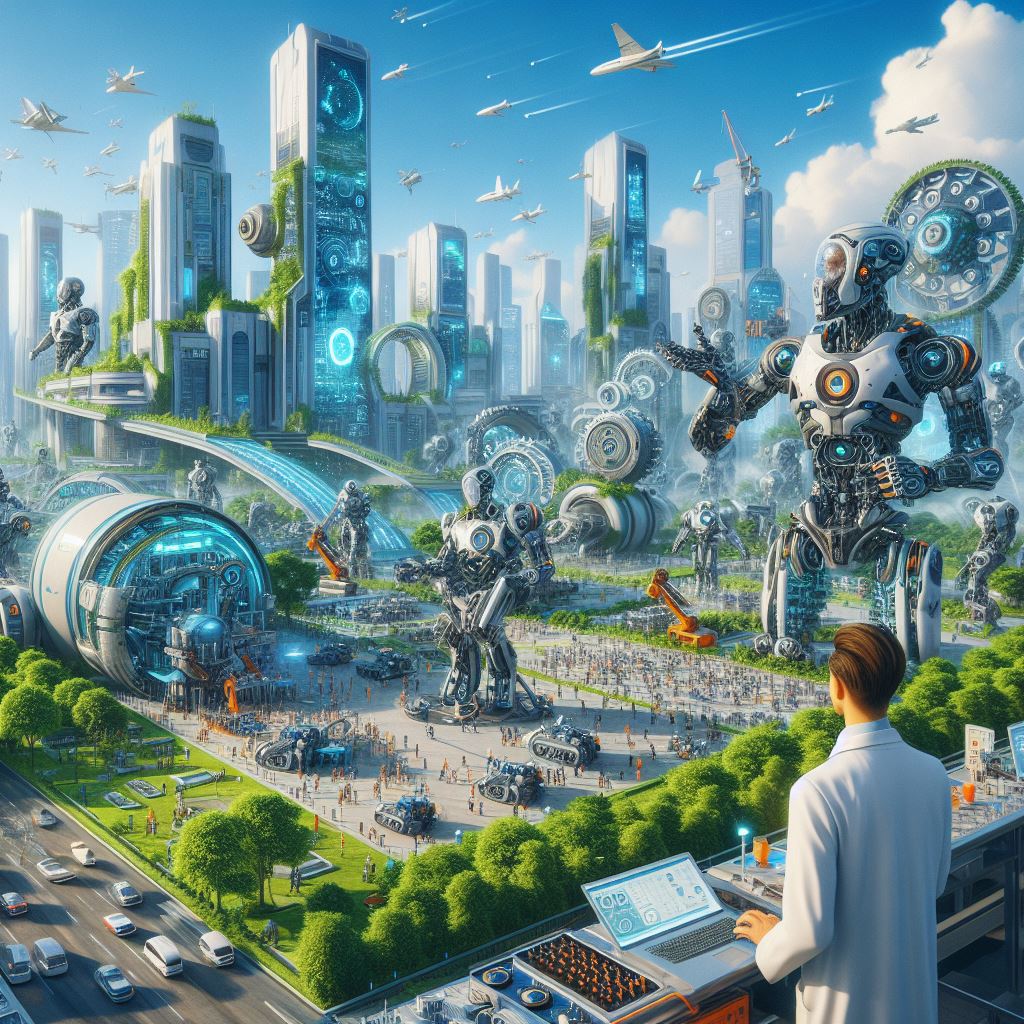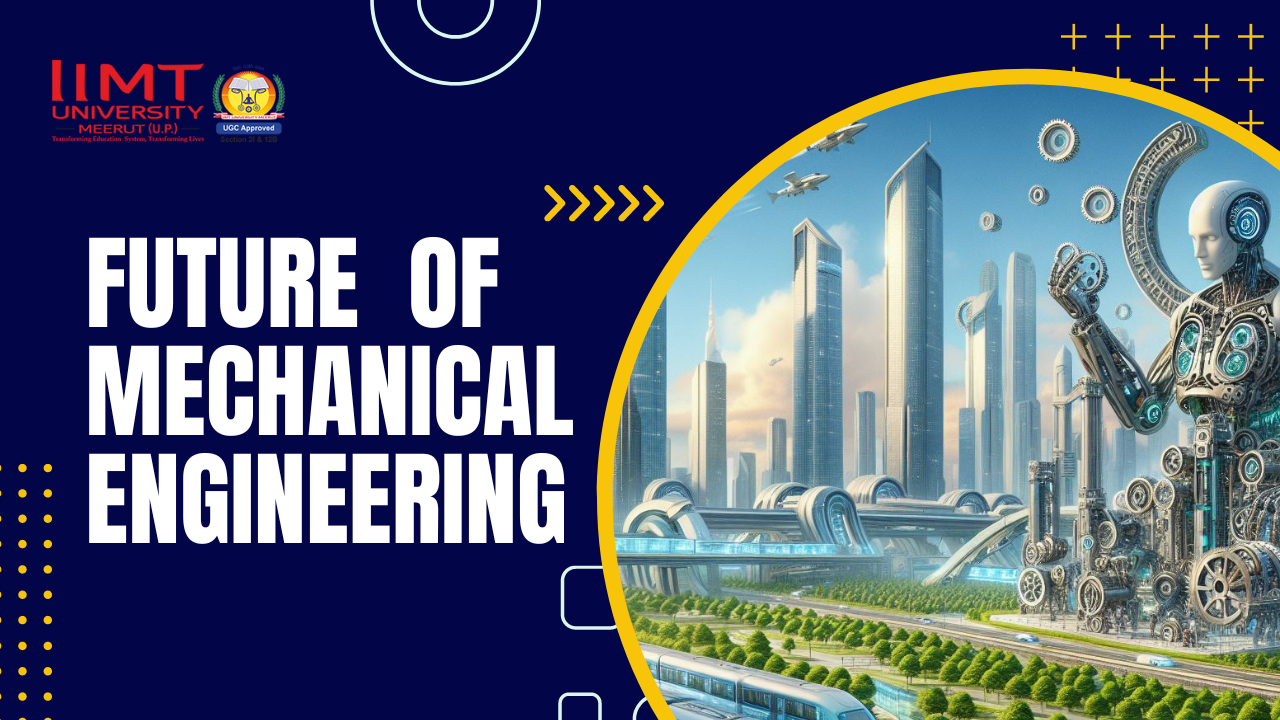Introduction
Mechanical engineering stands at the forefront of innovation, constantly evolving to meet new challenges and embrace emerging technologies. Looking ahead, the field is poised for groundbreaking advancements in robotics, automation, and sustainable energy solutions. This article explores the key trends shaping the future of mechanical engineering and the promising career opportunities it offers.
Evolution of Mechanical Engineering
Mechanical engineering boasts a rich history, dating back to ancient civilizations. Over the centuries, it has continually evolved, adapting to new technologies and societal needs. Today, mechanical engineers are driving innovation across a spectrum of industries.
-
From Industrial Revolution to Industry 4.0
The field has experienced several revolutions, from the industrial revolution to the current era of Industry 4.0. Industry 4.0 is characterized by the integration of digital technologies like artificial intelligence (AI), internet of things (IoT), and big data into manufacturing processes.
-
Impact of Digital Twins
Digital twins, virtual replicas of physical objects or systems, are increasingly used in mechanical engineering to simulate and analyze performance. They enable more efficient designs and operations.
Innovative Technologies
The future of mechanical engineering is closely linked with technological advancements, offering new possibilities and challenges.
- Robotics and Automation
Robotics and automation are revolutionizing manufacturing, enhancing efficiency and cost-effectiveness. Advancements in robotics are leading to more agile and adaptable robots for various applications.
- Additive Manufacturing
Additive manufacturing, or 3D printing, is transforming product design and manufacturing. It enables the creation of complex geometries and customized products with minimal waste.
Sustainable Practices
With growing concerns about climate change, there’s a heightened focus on integrating sustainable practices into mechanical engineering.
- Green Technologies

Green technologies like renewable energy systems and energy-efficient designs are becoming crucial. Engineers are developing sustainable solutions to reduce the environmental impact of manufacturing.
- Circular Economy
The concept of a circular economy, emphasizing reuse, recycling, and repurposing of products and materials, is gaining traction. It aims to minimize waste and maximize resource efficiency.
Career Opportunities
The future of mechanical engineering offers a vast array of career opportunities for aspiring engineers, driven by rapid technological advancements.
- Emerging Roles
New technologies are creating new roles in mechanical engineering. Roles such as robotics engineer, additive manufacturing specialist, and sustainability consultant are gaining prominence.
- Skills and Qualifications
Aspiring engineers need a diverse skill set, including technical skills like proficiency in CAD software and robotics, and soft skills like communication and problem-solving.
FAQs (Frequently Asked Questions)
- Key trends shaping the future of mechanical engineering: Robotics and automation, additive manufacturing, and sustainable practices.
- Emerging technologies in mechanical engineering: Digital twins, advanced materials, and smart manufacturing.
- Career prospects for mechanical engineers: Excellent prospects in aerospace, automotive, and renewable energy industries.
- Preparing for a career in mechanical engineering: Pursue a degree in mechanical engineering and gain practical experience through internships or co-op programs.
- Essential skills for a mechanical engineer: Problem-solving, critical thinking, proficiency in CAD software, and other engineering tools.
- Incorporating sustainability into mechanical engineering: Through green technologies, energy-efficient designs, and embracing the circular economy concept.
To know more – Visit our Website
For admission related queries – Click here or call us @ 9997089170
Author :- Prem Kumar

